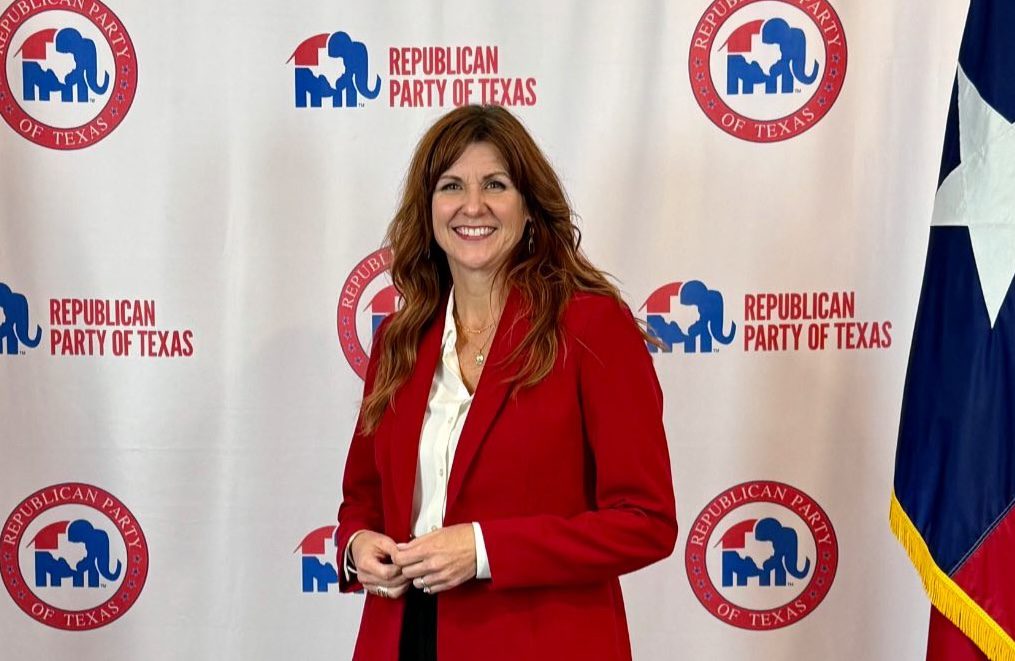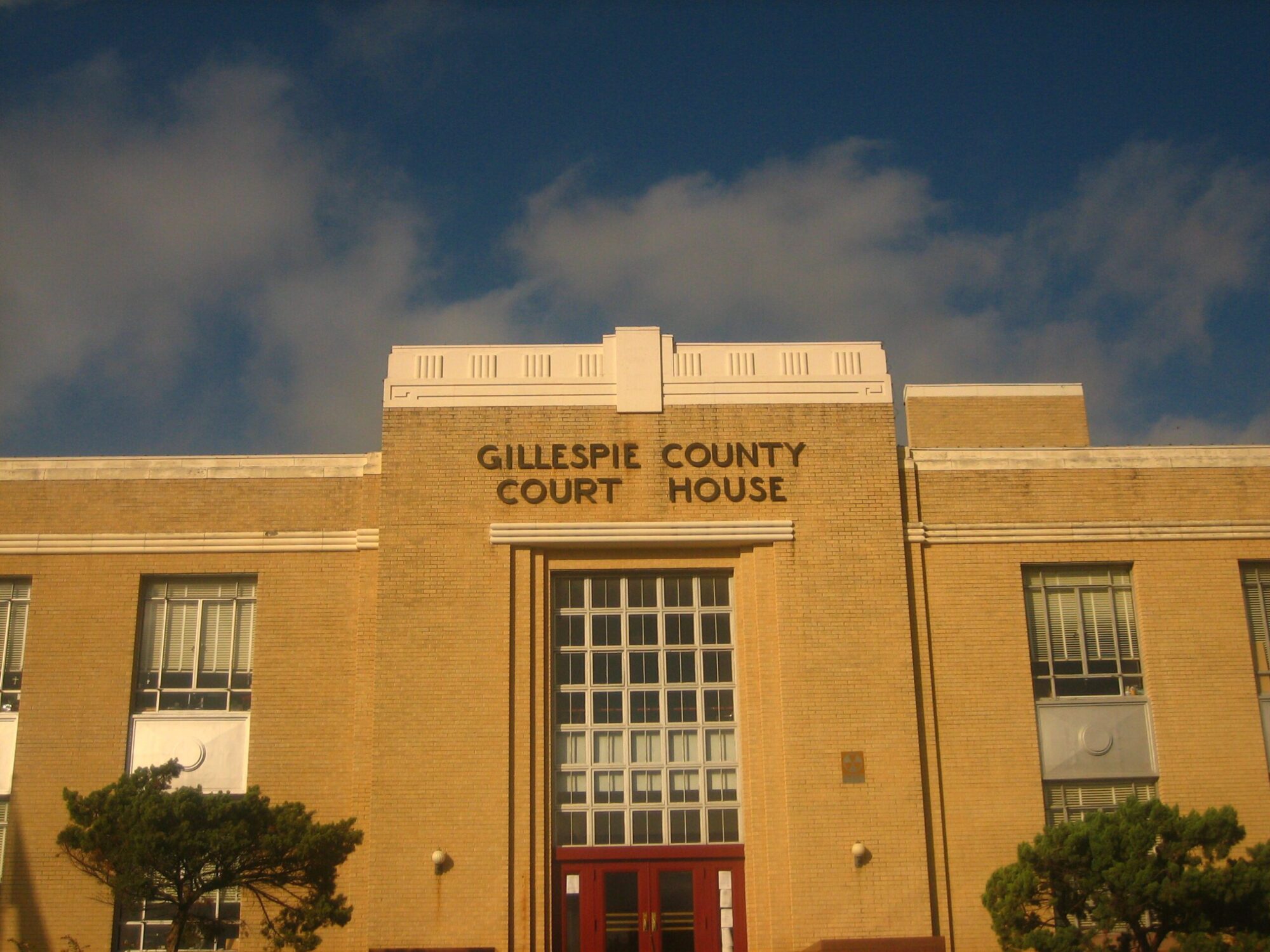Last month, Texas GOP delegates met to determine the top legislative priorities for Republicans in the state of Texas.
The fifth priority of the eight states:
Prohibiting all forms of taxpayer-funded lobbying, including the use of tax dollars to hire lobbyists and payment of tax dollars to associations that lobby the Legislature.
Taxpayer-funded lobbying is defined as the practice of using funds that come directly or indirectly from taxpayers for political lobbying. Essentially taxpayer-funded lobbying is one government lobbying another.
Taxpayers do not get to directly decide what the local entity will lobby for, leading to concerns that the local government is lobbying for certain issues that they may personally not support.
In 2021, Texas taxpayers spent $75 million on lobbying by local governments. In 2017, It was a total of $45 million. The Texas Public Policy Foundation collected data for the largest cities in Texas to see how much they spent in 2023 for taxpayer-funded lobbying.
Austin: “In fiscal year 2022-2023, the City has projected expenditures of $1,220,209 for Intergovernmental Relations and $618,000 for additional services…In fiscal year 2023-24, the City is planning on a budget for Intergovernmental Relations of $1,269,375 and a budget of $618,000 for additional services…”
Dallas: In Dallas’ Annual Expenses Report, $650,000+ was spent on lobbyists. However, in addition to that report, the city of Dallas also maintains an Office of Government Affairs staffed by in-house lobbyists, and the department’s budget is $1,112,725 and $1,166,649, respectively for the current and forthcoming fiscal years.
San Antonio: “For FY 2023, the best available estimate of City expenditures for directly or indirectly influencing or attempting to influence the outcome of state legislation or state administrative action is $412,500. For FY 2024, $149,500 is adopted to be spent to directly or indirectly influence or attempt to influence the outcome of state legislation or state administrative action.”
El Paso: “According to the OpenSecrets website, the city of El Paso’s lobbying expenses totaled $20,000 in 2022. In 2023, the city’s lobbying expenditures appear to have increased substantially, ranging from $101,110 to $252,700, according to the Texas Ethics Commission.”
Houston: “The FY2023 Budget includes an estimated cost of $900,000, an increase of $500,000 from FY2022 Estimate of $400,000 related to the upcoming legislative session.” (referring to the cost of lobbying)
For the last three legislative sessions, there has been legislation introduced in the Texas Legislature to ban tax-payer funded lobbying, but it has not passed.
In the last legislative session, House Bill 170, Senate Bill 175, and Senate Bill 425 were introduced to slow or stop the practice. One of the more comprehensive bills, SB 175, would prohibit political subdivisions from using public funds to hire registered lobbyists or pay nonprofits that hire or contract with registered lobbyists.
Remarking on the importance of the bill, State Sen. Mayes Middleton (R-Galveston), said, “Taxpayers should not be bankrolling efforts to advocate against their interests. Every step of the way, taxpayer-funded lobbyists have lobbied against key conservative priorities including: property tax relief, election integrity, disclosures of what bonds truly cost taxpayers, the constitutional ban on a state income tax, and they even opposed the bill to fund and protect the teacher retirement pension system.”





